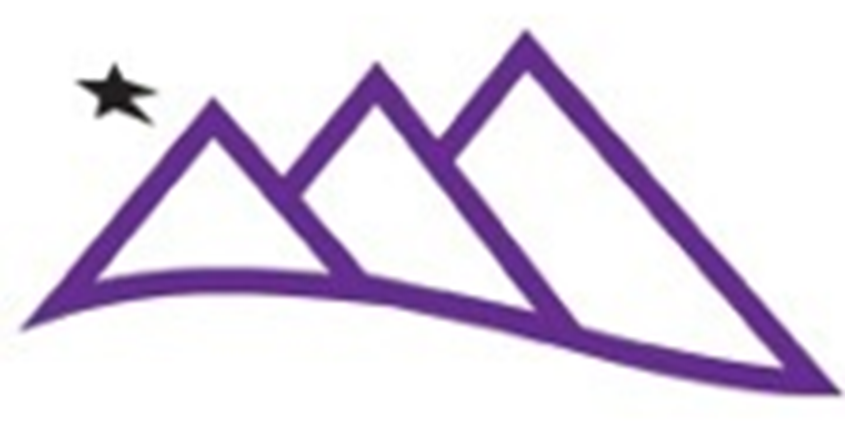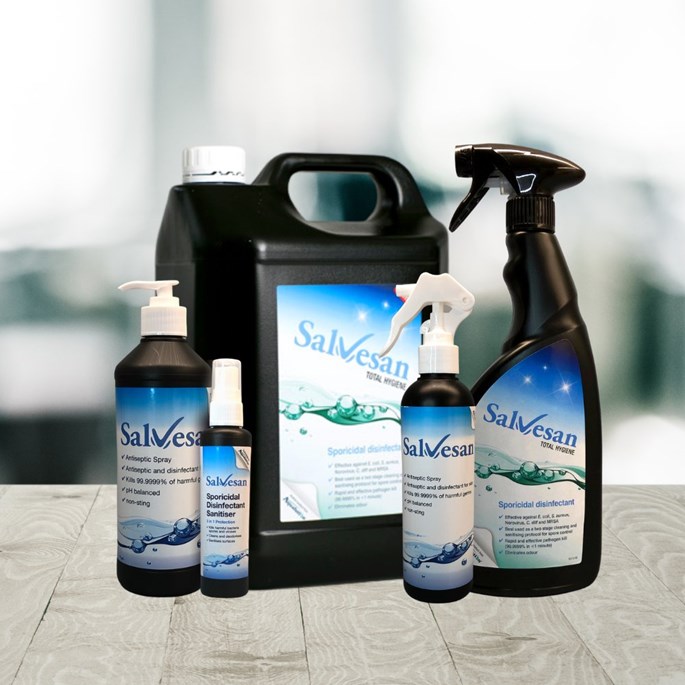Residual Biocidal Activity – is the confusion due to QACs?

The use of disinfectants based on quaternary ammonium compounds (QACs) has played, and will continue to play, a massive role in measures designed to minimise the spread of SARS-CoV-2, the Coronavirus responsible for the human disease COVID 19.
But what is a QAC chemical?
QACs belong to a group of surfactants in which substantivity – the ability to adhere to surfaces - is a typical feature, and has been exploited to great effect, and commercial gain, for at least 50 years in the form of fabric conditioners.
The biocidal properties of QACs (i.e. the ability to destroy bacteria and viruses) were established in the 1930s and have also been successfully exploited to the present day. So, it comes as no surprise that residual biocidal activity attributable to the substantivity of QACs, has long been reported.
It is, therefore, not unreasonable to anticipate that some prolonged benefit might arise from the use of such products in hygiene measures adopted to combat the spread of Coronavirus. A large number of claims have been made to that effect, by companies wishing to promote their products in a wide range of environments.
However, any benefit which may be accrued, outside the controlled environment of a microbiology laboratory, remains largely unquantified and/or speculative. Recent attempts to address this have been unreliable, due to the inaccurate methods used to detect and quantify the virus.
Nationally, particularly in the UK, we have seen this time and time again with people who are providing a fogging service. The claim is that the particular type of fog they are dispersing will provide protection for up to 30 days. This claim is based on no evidence but may be due to a lack of understanding of how QACs work, and they are taking a little bit of knowledge and making over inflated claims which are not responsible, nor true.
If you are going to be fogging or using a fogging service, please do make sure no one is telling you that protection is guaranteed for 30 days (not proven in ANY laboratory, let alone in the REAL world!). If they are run in the opposite direction, because a) they have no idea what chemical they are using b) they are not educated in the fogging solution they are going to deliver c) there is no way I’d let them loose in my business or my home to spray their toxic fog!
Instead, use Hypochlorous Acid, which is effective and safe to fog with, doesn’t claim to have lasting biocidal effects, and trades purely on facts alone.
In our opinion, therefore, in the face of the current pandemic, companies promoting their products based on such unsubstantiated claims, and others relying on those companies’ claims to justify reducing the frequency or thoroughness of hygiene measures, are not acting responsibly.
The most consistent piece of advice that has been offered by government and scientific advisers through the course of the pandemic has been to wash your hands frequently; ahead, even, of advice to apply hand sanitiser, placing the emphasis on removal of infective material, instead of deactivation.
So, it seems reasonable to also apply this advice to hard and soft surfaces, by cleaning them as frequently as is practicable, depending on the establishment, and not relying on the benefit of residual activity, which remains unproven in real-world situations.









